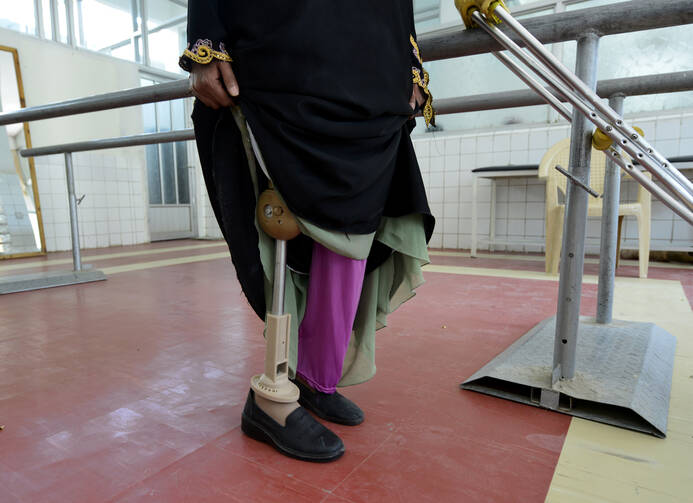Landmines wound innocent civilians, “prolong war and nurture fear” long after conflicts have ended, Pope Francis said in a message to delegates at a conference in Maputo, Mozambique. They were working on the full implementation of an international treaty banning the production and use of antipersonnel mines. The pope urged all countries to commit themselves to the destruction of existing mines and a complete ban on their production “so that there are no more victims of mines” and so that “no child must live in fear of mines.” He counseled instead that nations “invest in education, health care, saving our planet and building societies marked by more solidarity and brotherhood.” The United States is one of 35 nations that have not signed on to the Ottawa Treaty banning landmines, but at the Maputo conference on June 27 a U.S. official announced that the United States “will not produce or otherwise acquire any anti-personnel landmines in the future, including to replace existing stockpiles as they expire.” It was the first U.S. step toward accepting the landmine ban in years.








